Megatrends

Global facts on world food and agriculture
Only thanks to technological progress and modern crop protection will we be able in the future to conserve our resources while feeding a growing population in a healthy and affordable way.

Invasive pests travel with us
Invasive pests and plant diseases are among the greatest challenges for biodiversity and agriculture. They often enter Switzerland via travel and imported goods and cause great damage to cultivated and wild plants. Since 2020, the import of plants from non-EU countries is prohibited. However, introduced pests are a worldwide problem.

The search for the egg of the future
Boiled, stirred, fried: Eggs are not only popular at Easter. At the same time, there is increasing interest in alternatives to the animal protein products that are common in our country. The search for new protein sources therefore does not stop at chicken eggs. The "egg substitute" can come from exotic jellyfish, as well as from a wide variety of plant sources. The result: The demand for protein-rich crops is growing.
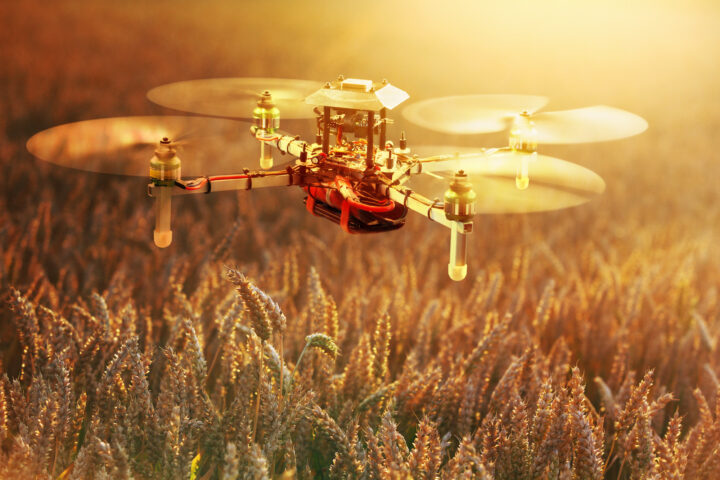
The Future of Agriculture and Climate Change
All around the world, we see and feel the effects of climate change on our lives. While it impacts everyone, agriculture is one of the sectors that is at the forefront of climate change – contributing to greenhouse gas emissions and at the same time coping with growing our food under increasingly challenging conditions. So, how can we address climate change and take action that makes an impact?
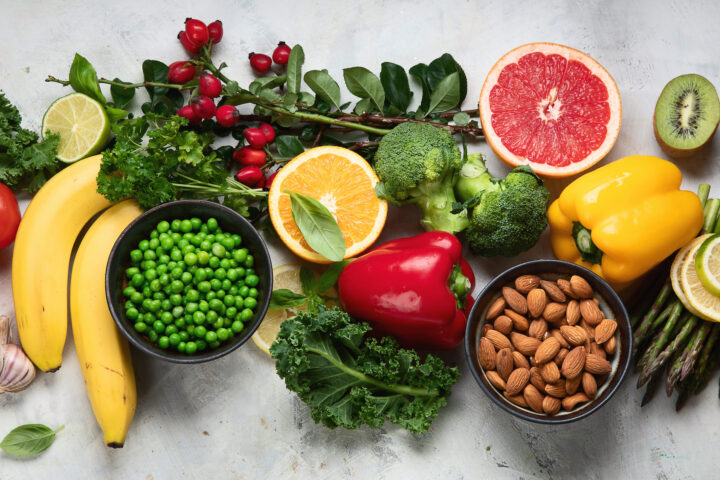
Can nutrition be healthy and sustainable at the same time?
Is there a menu plan that is good for our bodies and sustainable at the same time? The answer is yes, but it is also complex. This is the result of research on the online portal “Heidi.news” and the “Sonntagszeitung”.

Insects: The protein source of tomorrow?
Insects have long been considered the superfood of the future. They are rich in protein, require less land and water, and have a better carbon footprint than conventional meat.
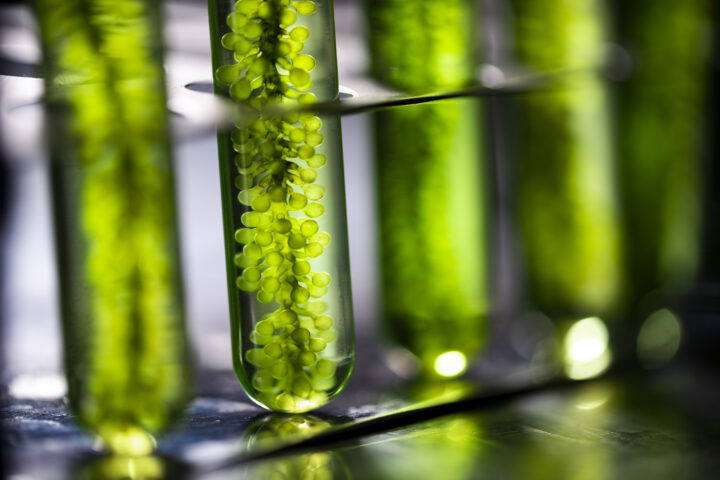
Sustainable nutrition with algae
The greatest challenge facing today's agriculture industry is to produce healthy foods that do not place undue stress on the planet. Algae could one day represent an important piece of the puzzle in food production.

13 Megatrends: 'Avalanches in slow motion'
The world is changing. The complexity is great and that makes it difficult to keep track in everyday life. Megatrends provide orientation here. They outline the main lines of change. Megatrends are valuable navigation aids to classify and understand change. The Zukunftsinstitut describes megatrends as 'avalanches in slow motion'. This image describes the phenomenon well. Megatrends develop slowly, but have an enormous impact on the economy and society. They determine our future life.
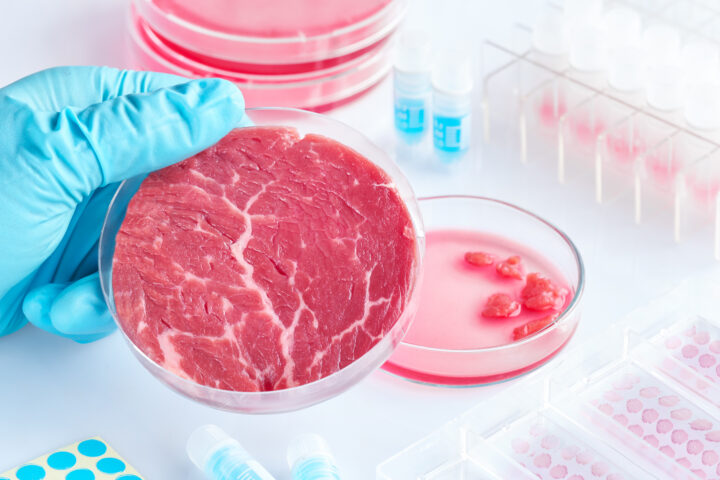
From stem cell to steak
Meat production consumes a lot of resources. And for a wide variety of reasons, people are eating less meat or even giving it up entirely. A growing number of companies are therefore looking into alternative methods of producing meat – for example, in a lab.
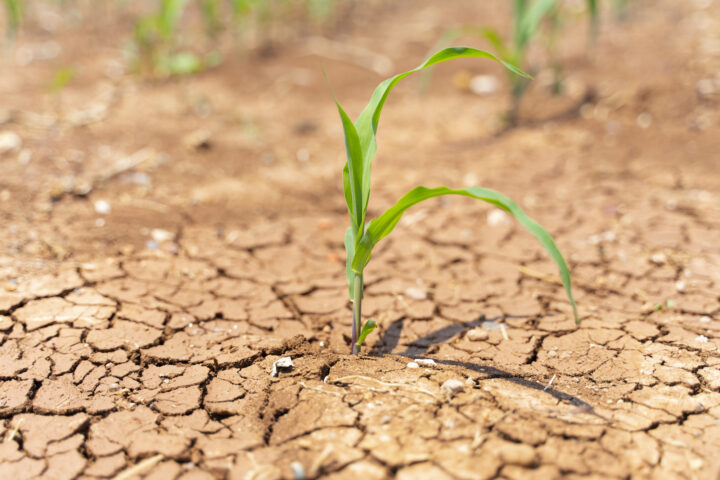
Drought-tolerant maize as a response to climate change
Climate change poses increasing challenges for agriculture. Plant breeding is therefore working at full speed to develop varieties with better resistance to environmental stress.
Content in German

COVID-19 triggers a boom in functional food
During the COVID-19 crisis, demand for functional food and nutritional supplements has grown worldwide. Consumers have become more conscious of the importance of healthy nutrition.
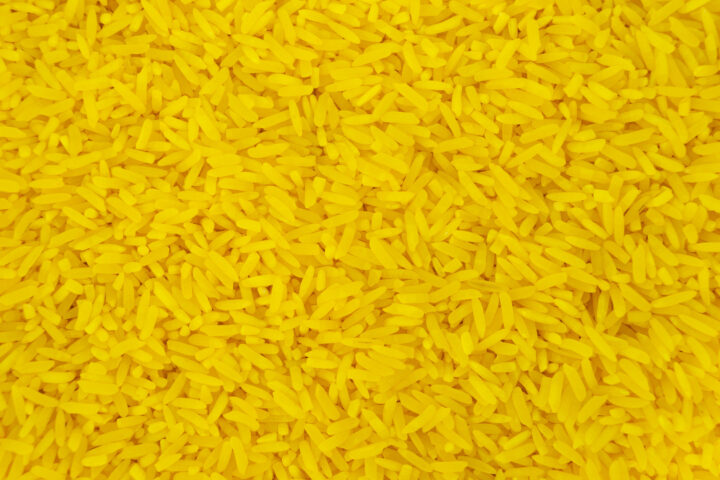
Finally, a golden age for golden rice
The World Health Organization (WHO) estimates that worldwide, as many as 500,000 children go blind every year due to a lack of vitamin A. Roughly half of them die within 12 months of losing their sight. This miserable situation could be greatly eased if the affected children had access to an inexpensive, everyday food containing an adequate amount of vitamin A.
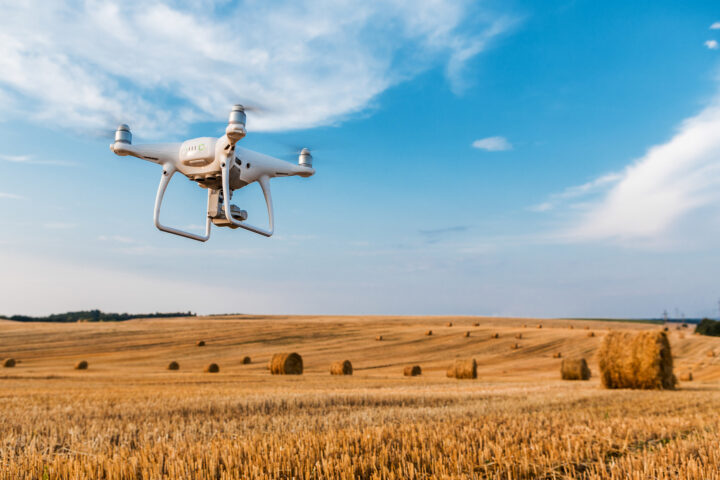
Technological progress in agriculture
In recent decades, technological progress has ensured that the application of plant protection products has become much more precise.

